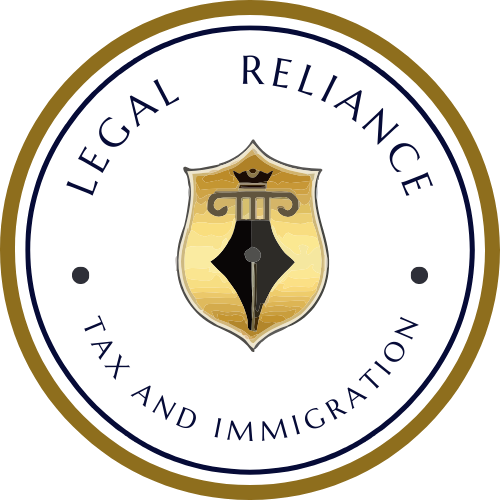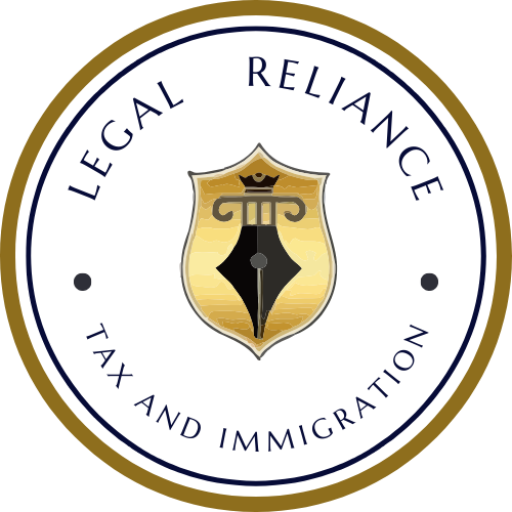If you’re currently in Germany on a short-term visa or residence permit and need to stay longer, it’s important to know how to extend your visa while you’re still living in the country. Extending your Germany visa is possible in many cases, but it requires careful planning, understanding the procedures, and meeting specific requirements. Whether you’re on a tourist visa, work visa, or student visa, this guide will provide all the necessary information on how to successfully extend your visa while living in Germany.
1. Can I Extend My Germany Visa?
Yes, it is possible to extend most types of Germany visas while you are living in the country. However, extensions are not guaranteed and are subject to approval from the German immigration authorities. You will need to provide valid reasons for extending your stay, as well as documentation proving that you meet the eligibility criteria. In general, visa extensions are granted for the following reasons:
- Tourism: Extending a tourist visa if you wish to stay in Germany longer for leisure purposes.
- Work: Extending a work visa if you’ve found long-term employment in Germany or need more time to complete your work contract.
- Study: Extending a student visa to continue your studies or to finish your academic program.
- Family reasons: Extending your stay to remain with family or other loved ones in Germany.
2. When Should I Apply for an Extension?
It’s essential to apply for a Germany visa extension before your current visa expires. Ideally, you should start the extension process at least 2-3 months before your visa’s expiration date. This allows enough time for processing and ensures that you won’t overstay your visa, which can lead to legal issues or fines. Keep in mind that overstaying your visa in Germany may result in penalties, including being banned from applying for visas in the future.
3. Types of Germany Visas You Can Extend
The eligibility for visa extension depends on the type of visa you have. Some visas can be easily extended, while others may have more specific conditions. Here are some common types of Germany visas that can be extended:
- Tourist Visa (Schengen Visa): If you’re on a short-term tourist visa and wish to stay longer, you may be able to apply for an extension. However, extensions are typically only granted under exceptional circumstances, such as a medical emergency or other urgent reasons.
- Work Visa: If you’re employed in Germany and your work visa is about to expire, you can extend it by providing proof of continued employment or a valid job contract.
- Student Visa: Students who are still enrolled in their academic program and need more time to complete their studies can apply for an extension of their student visa.
- Family Reunion Visa: If you’ve come to Germany to join a family member and your visa is about to expire, you may apply for a visa extension if you wish to stay with your relative for a longer period.
4. Requirements for Extending Your Germany Visa
To extend your Germany visa, you will need to meet several requirements. The specific documentation and criteria depend on your visa type, but common requirements include:
- Valid Passport: Your passport must be valid for at least three months beyond the date of your intended extension.
- Proof of Financial Stability: You will need to demonstrate that you have enough financial resources to support yourself during the extended stay. This can include recent bank statements, a letter from your employer, or other financial documents.
- Health Insurance: You must have valid health insurance that covers you for the extended period in Germany.
- Reason for Extension: You must provide documentation supporting the reason for your extension request (e.g., a medical certificate for illness, an enrollment letter from your university, a letter from your employer, etc.).
- Application Form: You will need to complete the visa extension application form, available at your local Ausländerbehörde (Foreigners’ Office) or online.
- Visa Fee: The visa extension may require a processing fee, which varies depending on the type of visa and your specific case.
5. How to Apply for a Germany Visa Extension
The process for extending your Germany visa involves several steps. Here’s a breakdown of what you need to do:
Step 1: Determine Eligibility
Before starting the application, ensure that you meet the eligibility criteria for an extension. Verify the type of visa you have and check the specific requirements for extending it.
Step 2: Gather Required Documents
Prepare the necessary documents for your visa extension application. This may include financial statements, proof of accommodation, insurance, and any documents relevant to your reason for extension.
Step 3: Schedule an Appointment
Contact your local Ausländerbehörde (Foreigners’ Office) to schedule an appointment for your visa extension application. You may need to make the appointment online, so it’s important to do this early to avoid delays.
Step 4: Submit Your Application
At the appointment, submit all required documents and your completed application form. You will also need to pay the visa extension fee, if applicable. The authorities will process your application and review the documents you submitted.
Step 5: Wait for Approval
After submitting your application, the processing time can take anywhere from a few weeks to a couple of months, depending on the type of visa and the complexity of your case. During this period, make sure you stay within the legal status of your current visa.
Step 6: Receive Your Extended Visa
Once your visa extension is approved, you will receive a new visa or residence permit allowing you to stay in Germany for the extended period. Check the details to ensure that the information is correct.
6. Can I Work While My Visa Extension is Pending?
In most cases, you can continue working or studying in Germany while your visa extension is being processed, as long as your current visa or residence permit is still valid. However, it’s important to confirm this with your local Ausländerbehörde, as certain visa categories might have restrictions on working during the extension process.
7. What Happens if My Visa Extension is Denied?
If your application for a Germany visa extension is denied, you will be required to leave Germany by the expiration of your current visa. You may also be given a chance to appeal the decision if you believe that the denial was made in error. The appeal process will depend on the specific circumstances of your case and may involve submitting additional documentation to support your appeal. It’s essential to leave Germany on time to avoid any legal issues or penalties.
8. Conclusion
Extending your Germany visa while living in Germany is possible, but it requires careful planning and attention to detail. To ensure a smooth process, make sure to apply early, gather the necessary documents, and follow all the procedures outlined by the German immigration authorities. By doing so, you will increase your chances of a successful extension and can continue to enjoy your time in Germany, whether for work, study, or personal reasons. Always stay within the legal requirements of your visa to avoid complications, and consult with your local Ausländerbehörde for specific guidance tailored to your situation.








